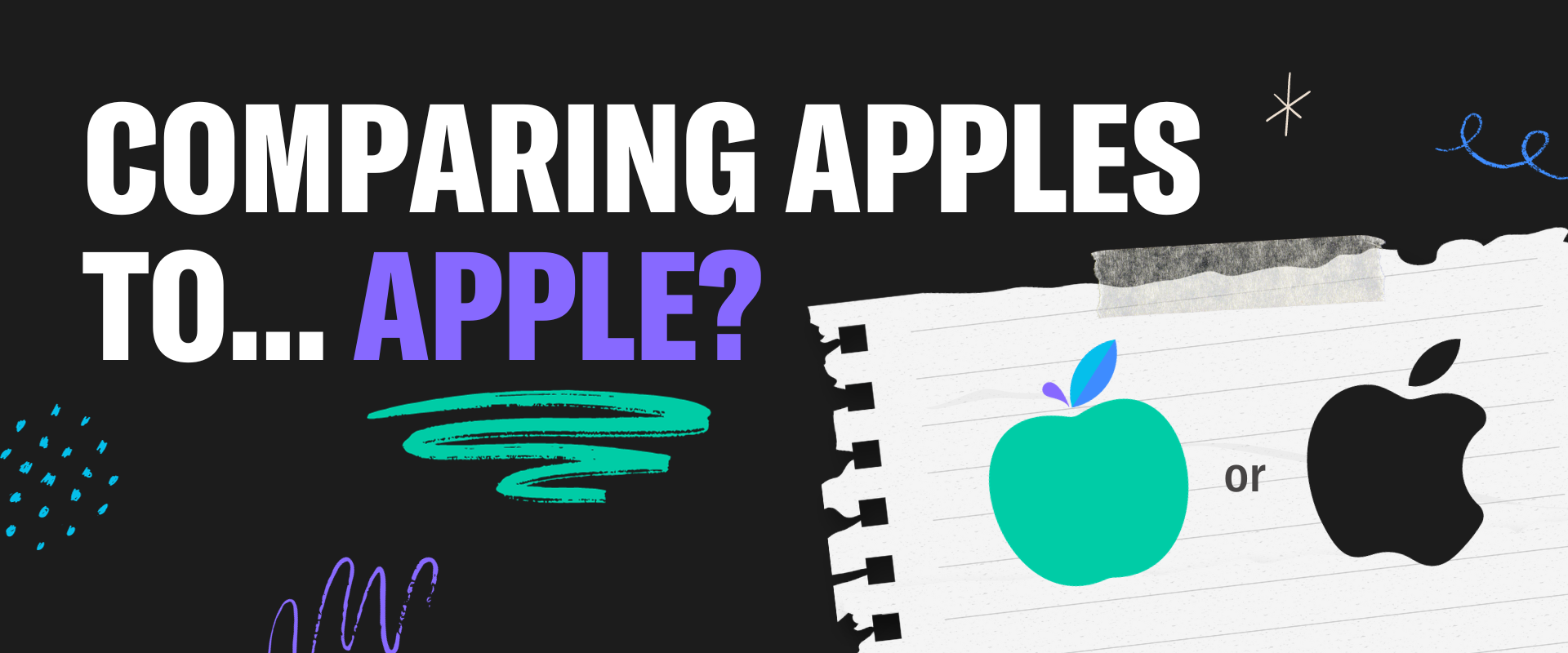When diving into the world of keyword research for a page, you often start with a basic understanding of potential keywords based on what the page offers. You know your products, services, or the content you're providing, and naturally, this gives you a preliminary idea of the keywords you might use. But the real question is, how can you enhance this initial understanding? How do you go beyond the obvious to discover keywords that not only attract traffic but are also highly effective in converting visitors into customers?
Dive Into Search Volumes
Search volumes are an excellent place to start. So let’s say you sell t-shirts at your business, or more specifically, these kinds of t-shirts.

Now when you’re looking at your page, you’ll know that you want to use t-shirts in your keywords. But that is an incredibly generic term and incredibly difficult to rank for. If someone is looking for a basic tee, they’ll click on your website, then click right back off again. Bounce rate is a ranking factor, so continuing to bring traffic to a page which doesn’t deliver on its promises will affect your visibility in search.
That’s why we recommend search volumes. What are people searching for? Tools like AHREFS, SEM Rush, and keywordtool.io are your allies here. They don't just show you volumes, they offer a treasure trove of suggestions.
When picking your keywords, it’s important to keep these in mind:
- Specificity is key You're more likely to rank with less competition. If you were to put “Men’s black striped long-sleeved t-shirt UK”. Long-tailed keywords like that wouldn’t have as many searches, but you’d get far more of your actual target audience than if you simply said “Men’s t-shirt”.
- Be realistic with your goals Higher volume doesn’t always mean better. Lots of searches = lots of competition. Plus, lower-volume keywords can have a higher conversion rate due to higher commercial intent.
Where Do You Stand Now?
Understanding your current position can give you a significant advantage when mapping out your SEO strategy because search volumes aren’t everything.
The tools we mentioned before, AHREFS and Google Search Console, help you track your current keyword positions. Often, it's more effective to focus on keywords where your site already ranks well rather than striving to rank for new ones. Building upon your existing strengths and enhancing the visibility of keywords you're already performing well with can be a more straightforward path to improving your overall SEO success.
The Power of Product Titles and Content
Each word or phrase you use is a chance to catch the attention of someone searching online. Make sure that the right pages on your website show up in search results for the keywords you're targeting. For example, if you sell eco-friendly yoga mats, you’ll want to use phrases in your titles and descriptions that people might search for, like 'sustainable yoga mats' or 'eco-friendly yoga gear'. This way, when someone searches for these terms, your product has a better chance of showing up in their results.

It's also important that your product pages really deliver what these titles and phrases promise. If someone clicks expecting to find an eco-friendly yoga mat, that’s exactly what they should see. This helps people find exactly what they're looking for on your site, and it's also good for your website's ranking on search engines. Regularly checking that your pages and keywords match well can really help your website do better online.
Deciphering Search Intent
Understanding the intent behind a search is a vital aspect of keyword research, though it's frequently overlooked. Every time someone types a query into a search engine, there's a specific need or goal behind it. Your task is to figure out what that is. When you choose keywords for your website or content, it's essential to see them through the eyes of your potential audience.
Start by entering your chosen keywords into a search engine and observe the results that come up. This simple exercise can reveal a lot about what people expect when they search for those terms. For instance, does the search mostly bring up product pages, informational articles, or local business listings? This can tell you whether people are looking to buy, to learn, or to find a local service.
Also, pay attention to the context of the keywords. Sometimes, a word or phrase could have an unintended dual meaning or be related to different topics. For example, the keyword 'apple' could refer to the fruit or the tech company. Ensuring that your content matches the correct context is crucial.

Be patient
When monitoring the performance of your keywords, remember that patience is key. SEO and keyword effectiveness can vary significantly over time due to many factors, including seasonal trends, market changes, and evolving user behaviours. For instance, if you're evaluating your keywords in August and notice a dip in their performance compared to previous months, don't rush to make immediate changes.
Considering the bigger picture and the natural ebb and flow of online search trends is important. Certain keywords may perform differently at various times of the year. For example, keywords related to products or services that are more in demand during the festive season, such as gifts or winter apparel, might see a significant increase in performance as you approach October and November.
So before making any major adjustments to your SEO strategy, it's best to wait until the end of Q4. This period often provides a more comprehensive view of the annual performance of your keywords, as it includes the critical holiday shopping season which can be a peak time for many businesses. If, after this period, your keywords still aren't performing as well as expected, then it may be time to reevaluate and adjust your approach.
To wrap it all up
SEO isn't a sprint; it's more like a marathon. It's shaped by a variety of factors, from the changing seasons to shifts in the market. So, take a thoughtful and well-informed approach to your keyword strategy. It's okay to make changes along the way, but it’s also important to give your strategies some time to work their magic. This approach sets you up for lasting success.
Stay curious, stay informed, and stay on top of new trends and insights to continuously refine your approach. SEO is always evolving! With a mix of patience, careful planning, and a genuine understanding of what your audience is looking for, your journey through the world of keyword research will lead to new heights of visibility, engagement, and growth for your brand!

November 14, 2023




